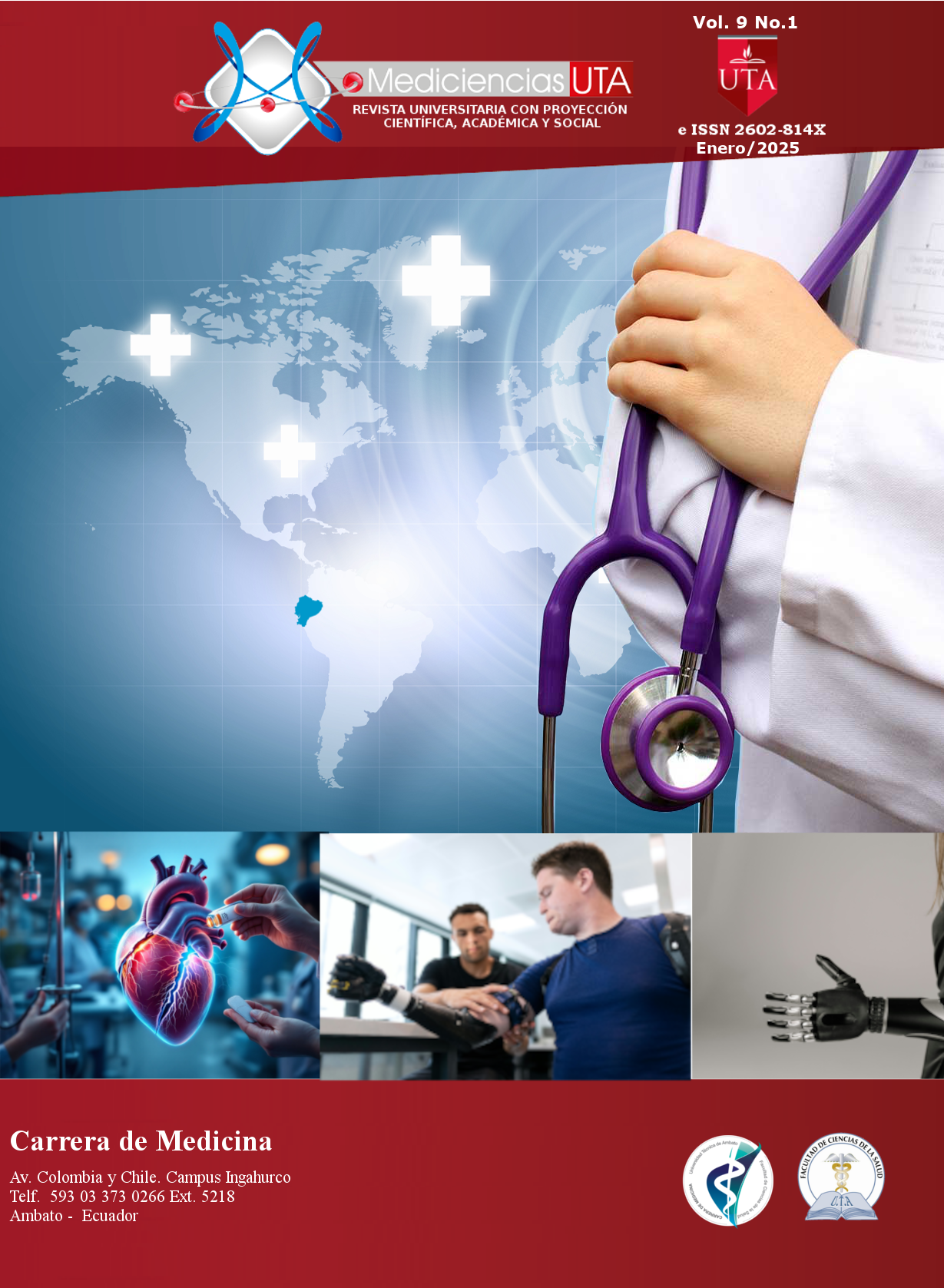El desarrollo sostenible en la Educación Superior de la disciplina Embriología
Contenido principal del artículo
Resumen
Introducción: En la actualidad, el desarrollo sostenible es una iniciativa que se ha implementado en la mayoría de los aspectos sociales. La embriología es fundamental dentro de las ciencias de la salud, pero su enseñanza tradicional puede no ser sostenible. Este estudio aborda la integración del desarrollo sostenible en la educación superior de embriología, además de analizar las implicaciones y beneficios a largo plazo en la formación médica. Objetivo: Se analizaron y se propusieron estrategias para incorporar el desarrollo sostenible en la educación superior de embriología, enfocándose en la revisión curricular, prácticas de laboratorio, uso de las nuevas tecnologías y formación docente. Materiales y métodos: Se realizó una revisión sistemática con literatura científica de los últimos cinco años, considerando artículos publicados en bases de datos científicas como Medline, Pubmed, Elsiever, Scielo, Scopus, New England Journal of Medicine, páginas oficiales de Organizaciones Internacionales y Nacionales. Resultados: Se identificó la necesidad de integrar temas de sostenibilidad en el currículo, implementar prácticas de laboratorio sostenibles, capacitar a los docentes, fomentar la investigación orientada a la sostenibilidad y promover el uso de las nuevas tecnologías. Conclusión: La incorporación del desarrollo sostenible en la enseñanza de la embriología representa un desafío indispensable que puede elevar notablemente la calidad educativa. La implementación de diversos métodos y el aprovechamiento de nuevas tecnologías ofrecen vías prometedoras para optimizar el aprendizaje estudiantil, promoviendo un uso más eficiente y responsable de los recursos de laboratorio, en línea con el desarrollo sostenible.
Descargas
Detalles del artículo

Esta obra está bajo una licencia internacional Creative Commons Atribución-NoComercial-CompartirIgual 4.0.



